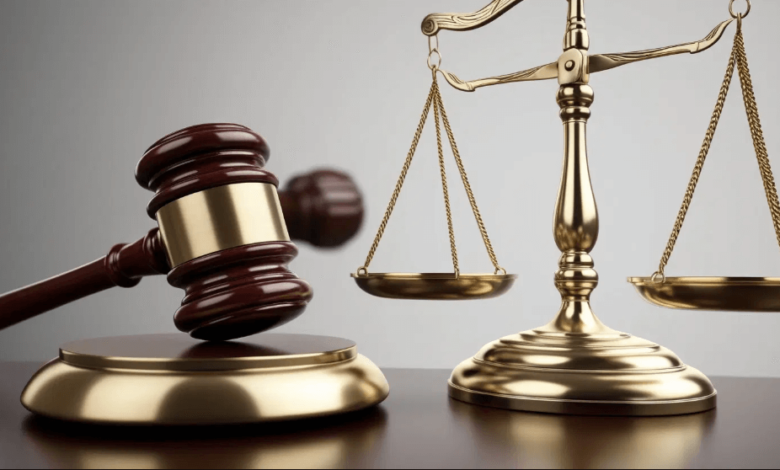Understanding Lie Detector Tests in Tennessee: The Role of Polygraph Examinations

Introduction to Polygraph Tests
A polygraph test, commonly referred to as a lie detector test, is an investigative tool designed to measure and record physiological responses while an individual answers a series of questions. The underlying theory of polygraph examinations is that deceptive answers often produce involuntary physical changes such as variations in blood pressure, heart rate, respiration, and skin conductivity. By monitoring these signals, a trained examiner attempts to determine whether a person is being truthful or deceptive. While polygraph technology has been around for over a century, its application continues to spark debate regarding accuracy, ethics, and admissibility in legal proceedings. In Tennessee, as in other U.S. states, polygraph tests occupy a unique position in the intersection of criminal justice, employment screening, and personal disputes, making it important to understand both their use and limitations.
How Polygraph Tests Work
The polygraph device operates by attaching sensors to the individual’s body in order to capture physiological data throughout the examination. Typically, the test consists of three parts: the pre-test phase, the in-test phase, and the post-test phase. During the pre-test, the examiner explains the process and asks preliminary questions to establish a baseline for the subject’s physiological responses. The in-test phase involves structured questioning, often including relevant, irrelevant, and control questions designed to elicit varying responses. The post-test phase allows the examiner to review the results and, in some cases, discuss findings with the subject. It is important to note that polygraph results are not mechanical truth meters; instead, they provide data that a skilled examiner interprets in context. This reliance on interpretation is one of the reasons critics argue that polygraph tests are not always foolproof.
Legal Use of Polygraph Tests in Tennessee
In Tennessee, the admissibility of polygraph evidence in court is highly restricted. Generally, results from a lie detector test cannot be introduced as evidence in criminal trials unless both the defense and prosecution agree in advance. Even then, judges maintain discretion over whether the results can be considered. The rationale behind this restriction is the concern that jurors might give undue weight to polygraph results, despite questions surrounding accuracy. That said, polygraph examinations are sometimes used during criminal investigations by law enforcement agencies in Tennessee. Investigators may request a suspect or witness to undergo a test as a tool to guide questioning or assess credibility, though participation is voluntary. Furthermore, defense attorneys occasionally arrange private polygraph tests for clients to support their case, especially during plea negotiations.
See also: A Comparison of InterFAX and ETHERFAX
Polygraph Testing in Employment and Private Matters
Outside the courtroom, polygraph examinations are sometimes used in employment settings, though they are regulated by federal law under the Employee Polygraph Protection Act (EPPA). Most private employers in Tennessee cannot require or request polygraph testing for employees, with limited exceptions such as security firms or government agencies involved in law enforcement. In the private sector, polygraph tests may also surface in personal disputes, such as marital conflicts or family disagreements, where individuals voluntarily undergo testing to prove honesty. While such uses are not legally binding, they highlight the cultural reliance on polygraph technology as a perceived measure of truth.
Accuracy and Controversy Surrounding Polygraphs
The accuracy of polygraph tests remains one of the most contested issues in forensic science. Proponents argue that, when conducted by skilled examiners, polygraph results can achieve accuracy rates between 80 and 90 percent. Critics, however, caution that physiological responses are not exclusive to deception. Stress, anxiety, fear, or even medical conditions can produce physiological changes that resemble deceptive responses. Additionally, individuals who are practiced in countermeasures may attempt to manipulate results, further complicating reliability. Because of these limitations, many courts in Tennessee and across the nation remain hesitant to allow polygraph evidence, preferring more scientifically validated forms of proof.
Location in Tennessee
- Knoxville – 11167 Kingston Pike, Knoxville, TN 37934
Conclusion
Lie detector tests in Tennessee occupy a complex role, bridging the gap between investigative aid and contested science. While polygraph examinations can be valuable tools for law enforcement agencies, attorneys, and even private individuals, their limitations prevent them from being a definitive measure of truth. In most Tennessee courtrooms, polygraph results are not admissible, reflecting broader skepticism about their reliability. Nevertheless, polygraph testing continues to hold cultural significance, symbolizing society’s ongoing quest to separate truth from deception. For individuals facing a polygraph in Tennessee, it is essential to understand both the potential value and inherent limitations of this controversial investigative tool.



